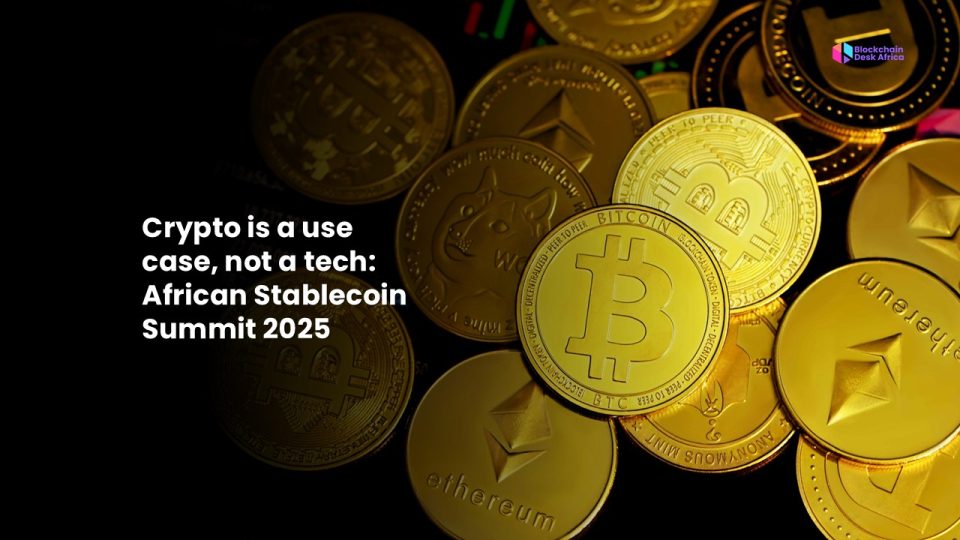During a panel titled “Barriers Around Stablecoin Infrastructure: Why Crypto-Enabled Remittance Is Not Yet Mainstream in Africa,” participants stressed that the continent’s adoption lag is less about the technology’s limitations and more about how it’s framed, built, and delivered.
“Africa doesn’t have a tech problem, it has a use case problem.” Said one of the panellists.
Many builders, the panel noted, lead with blockchain jargon rather than clear value propositions. This disconnect has led to a wave of technically sound, yet commercially irrelevant products. “Crypto is not an innovation. The innovation is what crypto enables,” a panellist stated. That subtle shift, from code-first to problem-first, could determine whether Africa’s digital finance landscape matures or stagnates.
Building with purpose, not hype
Stablecoins like cNGN and USDT were presented as real-world solutions to the economic instability plaguing countries like Nigeria. Between 2022 and 2025, the naira plummeted from ₦460 to over ₦1,600 per dollar, pushing demand for currency alternatives and cross-border tools.
Iyinoluwa Aboyeji, Founding Partner at Future Africa, argued that blockchain adoption must solve tangible problems, not just chase decentralisation or trendiness.
“People care about their money and what it can do for them,” Aboyeji said. He called for platforms that enable seamless international payments, support cross-border trade, and reduce reliance on slow, expensive traditional banking systems. In his view, stablecoins should be positioned as infrastructure for freedom, not investment schemes.
The panel echoed this thinking, warning that miscommunication has hurt public perception. When users encounter stablecoins primarily as speculative tools or complex apps, trust erodes and adoption stalls.
Structure Before Scale
Regulation was another central theme. SEC Nigeria’s Executive Commissioner Dayo Agama addressed the need for trust-building tools following the lacklustre rollout of the eNaira. He announced monthly SEC virtual sessions and new USSD-based verification tools to protect retail investors.
“Our responsibility is to serve you and not to serve ourselves,” Agama said, noting that innovation must be met with governance. Builders were urged to embed structure into their products early, from KYC compliance to scalable fiat on- and off-ramps.
Nigeria’s vibrant fintech ecosystem, shaped by young, inventive talent, is uniquely positioned to lead, speakers agreed. But leadership requires intentionality.
“If users need to understand blockchain to use your product, you’ve already failed,” a speaker said, challenging developers to simplify their offerings without sacrificing core functionality.
Shaping Africa’s Crypto Narrative
With $59 billion in crypto value received between July 2023 and June 2024, Nigeria remains a high-impact market. But volume alone doesn’t equal success.
The Summit’s core message was clear: Africa’s blockchain future depends on designing for relevance, not complexity. Builders must move from showcasing technology to delivering meaningful, localised use cases that people can trust and understand.
